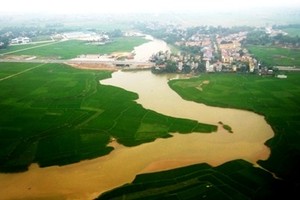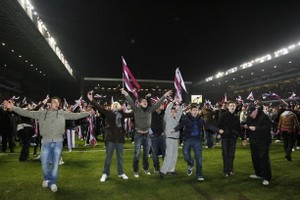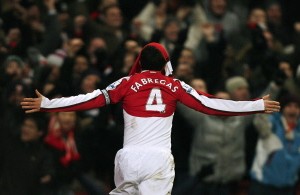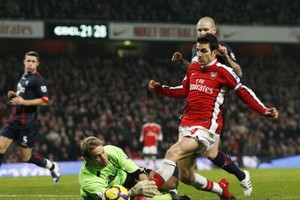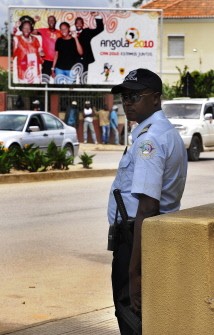
JOHANNESBURG, Jan 12, 2010 (AFP) - Angola knew the dangers of staging games in the restive Cabinda enclave and must take responsibility for the deadly gun attack at Africa's premier football event, the World Cup boss said Tuesday.
"How long is it known that there is a separatist group in Angola for many many years? What are the possibilities of a terror attack? It was known," Danny Jordaan told AFP.
"It is a responsibility of the host nation to deal with those issues," said Jordaan, who led a technical team to Angola in 2006 to assess its readiness for the tournament, on behalf of the Confederation of African Football (CAF).
All the concerns about the tournament were included in a report that was handed over to CAF, he said.
Jordaan again brushed off worries that the attack, killing the squad's assistant coach and media spokesman, could affect the World Cup, which kicks off in South Africa in June.
"What happened in Angola has nothing to with South Africa. Please judge us fairly," Jordaan, the World Cup's chief organiser, told a news conference earlier.
"We must be judged on reality, not on perception. We hosted 147 major international events since 1994 and we didn't have any incidents," he said.
Separatist guerrillas opened fire on Togo's convoy Friday as they crossed into Cabinda from neighbouring Congo-Brazzaville, leaving players cowering under their seats during a 20-minute gunbattle with security escorts.
Togo withdrew from the tournament on Sunday, just as the opening ceremonies kicked off in Luanda, and coach Hubert Velud told AFP that he believed authorities hadn't provided adequate security to the team.
"Security was very light, and the way it was organised, we felt that transparency and communication were not of the best quality," he said.
"At first, they tried to minimise the thing. I resented that. It added to the psychological trauma," he said.
Two people have been arrested, but Angolan authorities have revealed few details about the men.
Security forces have since clamped down on Cabinda, a tiny but economically crucial province that produces more than half of the oil in Africa's top exporter.
Soldiers have cordoned off the footballers' village in Cabinda, along with tight security at the 20,000-seat Chiazi stadium, which hosted its first match in the tournament without incident on Monday.
Two different separatist groups have claimed responsibility for last week's attack, highlighting the difficulties Angola faces in reining in a deeply fractured guerrilla movement.
The attack was initially claimed by Rodrigues Mingas, head of the Forces for the Liberation of the State of Cabinda-Military Position (FLEC-PM), who lives in exile in France.
But a larger group known as the Front for the Liberation of the Enclave of Cabinda-Armed Forces of Cabinda (FLEC-FAC) on Tuesday said they had opened fire on Togo's convoy.
While Mingas on Sunday threatened more attacks during Africa's premier football tournament, FLEC-FAC said their intended target was Togo's military escort and vowed not to stage any more attacks during the competition.
"We are not terrorists, the attack did not target our Togolese brothers," said Jean-Claude N'Zita, a top adviser to FLEC-FAC who lives in exile in Switzerland.
"Every time the Armed Forces of Cabinda sees an Angolan convoy, they open fire," he said.
"We have nothing against our African brothers, and we like football," he said by telephone, dismissing Mingas's faction as "opportunists".
Alex Vines, an analyst with the British think-tank Chatham House, said the rival claims were part of the "exile politics" of separatist leaders who live mainly in Europe and who all claim to represent various FLEC splinter groups.
"Some say there's indiscipline within small FLEC units and they're not controlled at all from the outside, from their leadership," he said.
"The history of FLEC is... one of fragmentation and splintering. That makes it a very difficult challenge."
